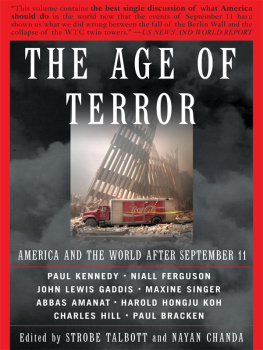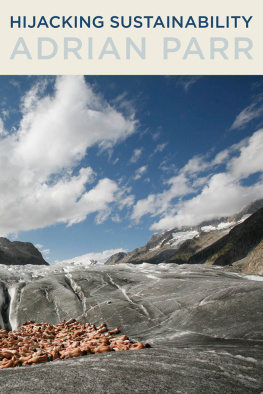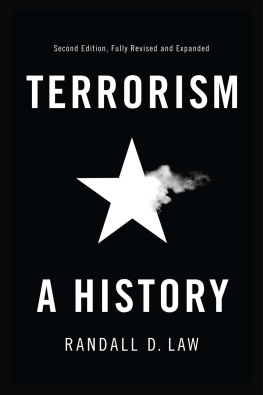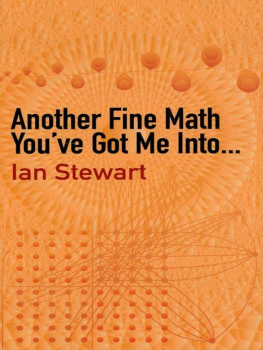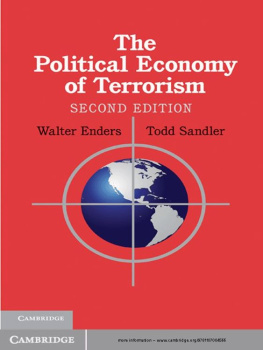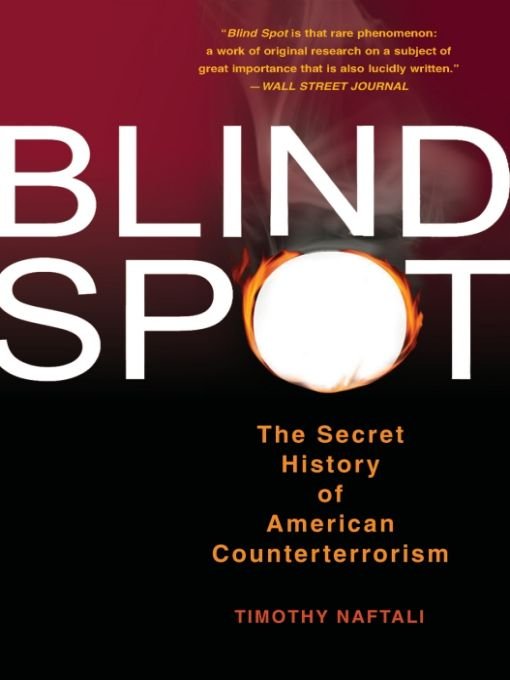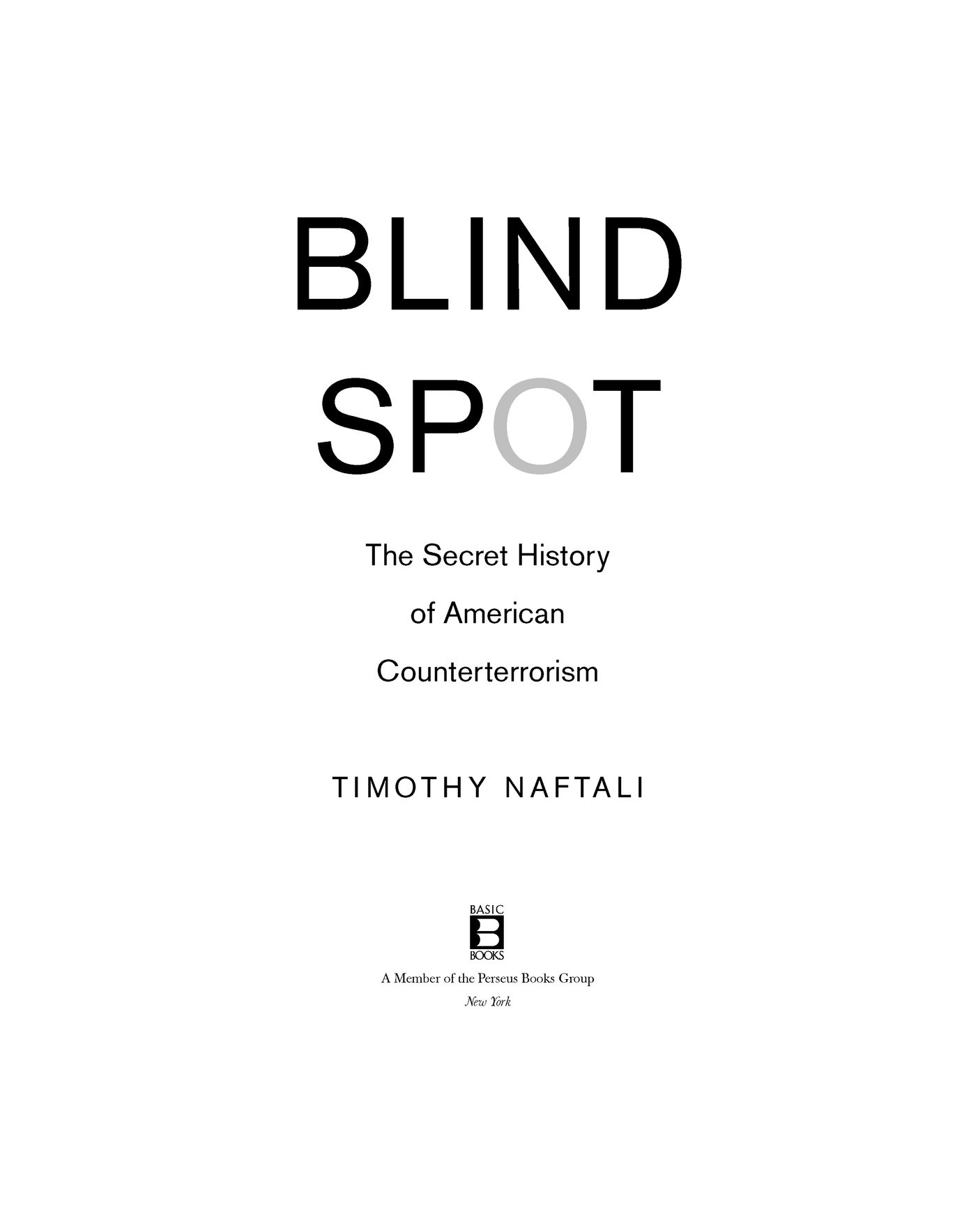Table of Contents
Praise for Blind Spot
In Blind Spot: The Secret History of American Counterterrorism, historian Timothy Naftali offers a sweeping historical review that can be best described as the backstory to the 9/11 Commission Report. And like the 9/11 report, Blind Spot is an excellent reminder of the value of unbiased scholarship in an environment of poisonous political partisanship.... Clearly Naftali is a first-rate archival historian, and the records he uncoveredpresidential tapes, CIA cables, NSC meeting minutesallow him to create a narrative driven by vivid characters... [Naftali] has succeeded in writing a broad and unbiased analysis of U.S. counterterrorism efforts, one that will undoubtedly serve as a valuable resource for policymakers working to fix the problems that still beset the nations counterterrorism bureaucracy.
New Republic Online
... an engaging and impressively comprehensive history of American counterterrorism... should become essential reading as we chart our way forward.
Commentary
The blind spot in Timothy Naftalis important book was the inability of American presidents, despite frequent warning, to recognize the danger posed by Osama Bin Laden. That a huge failure occurred has been obvious since 9-11, but Naftali, a leading scholar of American intelligence organizations, has something bigger on his mind than the now-familiar missed clues and failures to communicate. In this deeply researched book certain to spark controversy, Naftali argues that successful intelligence campaigns against Nazi and Soviet spies prove the United States knows how to run counterterror operations. But until 9-11 the blind spot kept American presidents and the American people alike from seeing that the time had come to make hard decisions to fight new enemies already gathering to strike.
Thomas Powers, author of Heisenbergs
War and The Man Who Kept Secrets
In this fascinating, well-researched, and important book, Timothy Naftali has done an excellent job of using the lessons of history to illuminate one of the central issues of our time.
Michael Beschloss, author of The Conquerors: Roosevelt,
Truman and the Destruction of Hitlers Germany, 19411945
The best book yet on U.S. counterterrorism. Americas current problems can be properly understood only if they are put in long-term perspective, and Tim Naftali does this brilliantly. Blind Spot is a must-read.
Christopher Andrew, author of The Sword and
the Shield and The World Was Going Our Way
You are going to want to read this book. With Blind Spot, Timothy Naftali has done everyone interested in the history of U.S. efforts to fight terrorism a great favor: He has combed through all the archives, interviewed all the key participants, and dug up a great many stories that have never seen the light of day before and put them all in one terrifically readable place. The result is a book that weaves the full tapestry of American efforts against the worlds worst terrors, illustrating both the revealing details as well as the larger image of Americas long unwillingness to take this threat seriously until the horror of 9/11 forced us to do so. Anyone who wants to understand that story will be well-rewarded by starting with this smart, splendid book.
Kenneth M. Pollack, author of The Threatening Storm,
former director for Persian Gulf Affairs on
the staff of the National Security Council
ALSO BY TIMOTHY NAFTALI
One Hell of a Gamble:
Khrushchev, Castro and Kennedy, 195864
(and Aleksandr Fursenko)
U.S. Intelligence and the Nazis
(and Richard Breitman, Norman J.W. Goda
and Robert Wolfe)
The Presidential Recordings, John F. Kennedy:
The Great Crises, Volume I (editor)
The Presidential Recordings, John F. Kennedy:
The Great Crises, Volume II
(co-edited with Philip Zelikow)
IN MEMORY OF MY FATHER,
JAMES D. NAFTALI
PREFACE
AT 10:20 A.M. on September 11, 2001, I was entering the lobby at the University of Virginias Miller Center of Public Affairs with a candidate I had just interviewed for a job. The interview had taken place at a caf in downtown Charlottesville that did not have a radio or television set. Immediately, a colleague ran over to me nearly in tears: Tim, one of the World Trade Center towers has fallen and the Pentagon is burning. Shocked, I hustled with the candidate over to a big plasma screen in a nearby room showing CNN. Before leaving my apartment that morning I had caught news of a plane apparently crashing into the centers north tower. No one at CNBC had then called it an act of terrorism, and I wondered whether the pilot had perhaps suffered a heart attack. Ninety minutes later, like millions around the world I watched that tower collapse and knew that this was terrorism, though on a scale never seen before.
There was more than the traumatic images and CNNs choice of thriller author Tom Clancy as a commentator that made this all seem unreal. Students of the Cold War knew that in theory, the United States government was prepared to respond to a Soviet nuclear missile attack. Warning would be a matter of minutes, and again, according to the theory, the president and the leadership of Congress were all to be whisked away to a safe location. On September 11, the president was out of communication with the American public for long stretches of time. The effect was an eerie official silence, as though the entire government were as paralyzed as those of us witnessing those events on television. The thought crossed many of our minds, What if this had been a nuclear attack?
Equally disorienting was the fact that the prime suspect was not an unknown quantity. Even those having a passing acquaintance with foreign affairs knew the name Osama bin Laden. In 1998, his followers had simultaneously blown up two U.S. embassies in different African capitals. Two years later, what appeared to be a group under his sponsorship had hit a U.S. destroyer that had just been refueled in Yemens Aden harbor. Bin Laden had vowed to attack America and had been indicted in federal court. The Clinton administration had tried to kill him by launching cruise missiles at a camp in Afghanistan where he was expected to be. Although President George W. Bush had never said anything publicly about bin Laden, it had to be assumed that this master terrorist had not completely fallen off the National Security Councils radar screen since the 2000 election.
After years of studying the intelligence and security world, I have come to believe less in the efficiency of conspiracies than I do in the inefficiency of government. Most of the supposed conspiracies of modern American history dissolve when one examines them closely. The Roosevelt administration would have had advance warning of the Japanese attack on Pearl Harbor had not interservice rivalry and overclassification of intelligence led to a decision to focus on the wrong Japanese communication channel. Japanese diplomats had not been told about the attack; Japanese admirals, on the other hand, had been. Unfortunately, U.S. intelligence had chosen to break the Japanese diplomatic cipher instead of that of the Japanese Admiralty. In 1963, Lee Harvey Oswald exploited a last-minute change by the U.S. Secret Service in the route of the presidential motorcade through central Dallas. Oswald had delusions of grandeur and was looking to kill someone famous. A few weeks earlier, he had shot at Edwin Walker, a prominent right-wing extremist. Now he would have a chance to use his marksmanship against an even more famous man, John F. Kennedy. Certainly, there have been real conspiracies in U.S. historyWatergate and IranContra come to mindbut our society is open enough that we eventually hear about them. Someone is bound to leak to Bob Woodward.



